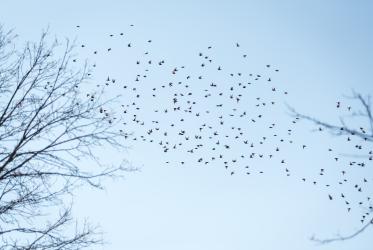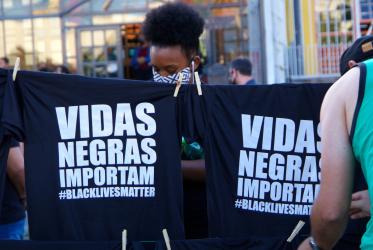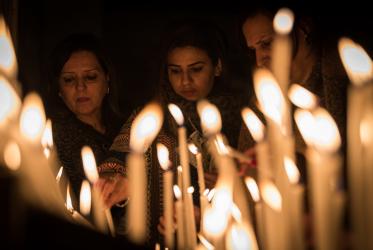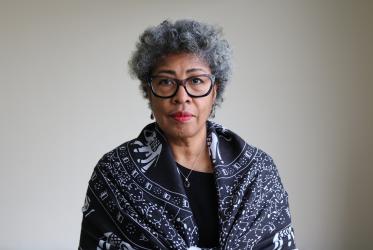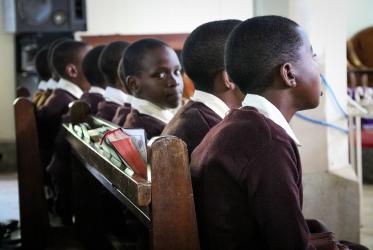Displaying 21 - 40 of 46
Webinar explores intersection of debt cancellation and anti-racism
09 December 2021
Past massacres in the Middle East: “this should never be forgotten”
09 December 2021
Perkins names Dr Evelyn Parker as 2021 Distinguished Alumna
11 November 2021
